What is Depreciation Expense?
Hey there, future real estate moguls! Ever stumbled upon the term ‘depreciation expense’ and wondered, “Exactly what is depreciation expense?” It’s about time we tackle this head-on, like soldiers marching on a castle in Ireland. You might think it’s just fancy talk, but it’s essentially your asset – in this case, property – wearing out over time and decreasing in value. So, why is this a big deal for homeowners and real estate investors? Stick around as we break it down in simple terms and delve into the nitty-gritty of how depreciation applies in real estate.
Simplifying Depreciation Expense: A 5-Step Cheat Sheet
Let’s not dilly-dally, and dive right into our easy-to-digest cheat sheet outlining what depreciation expense is all about:
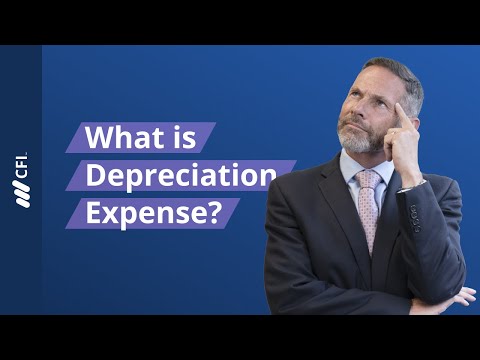
Step 1: Understanding What Depreciation Expense Is in Simple Terms
Think of depreciation expense in terms of your favorite pair of sneakers. Over time, they wear down, lose value, and eventually, you have to replace them. In business, including real estate, depreciation expense, as defined by our friends at What Increases Your total loan balance ?, is the cost of an asset that has been lost during a specific period.
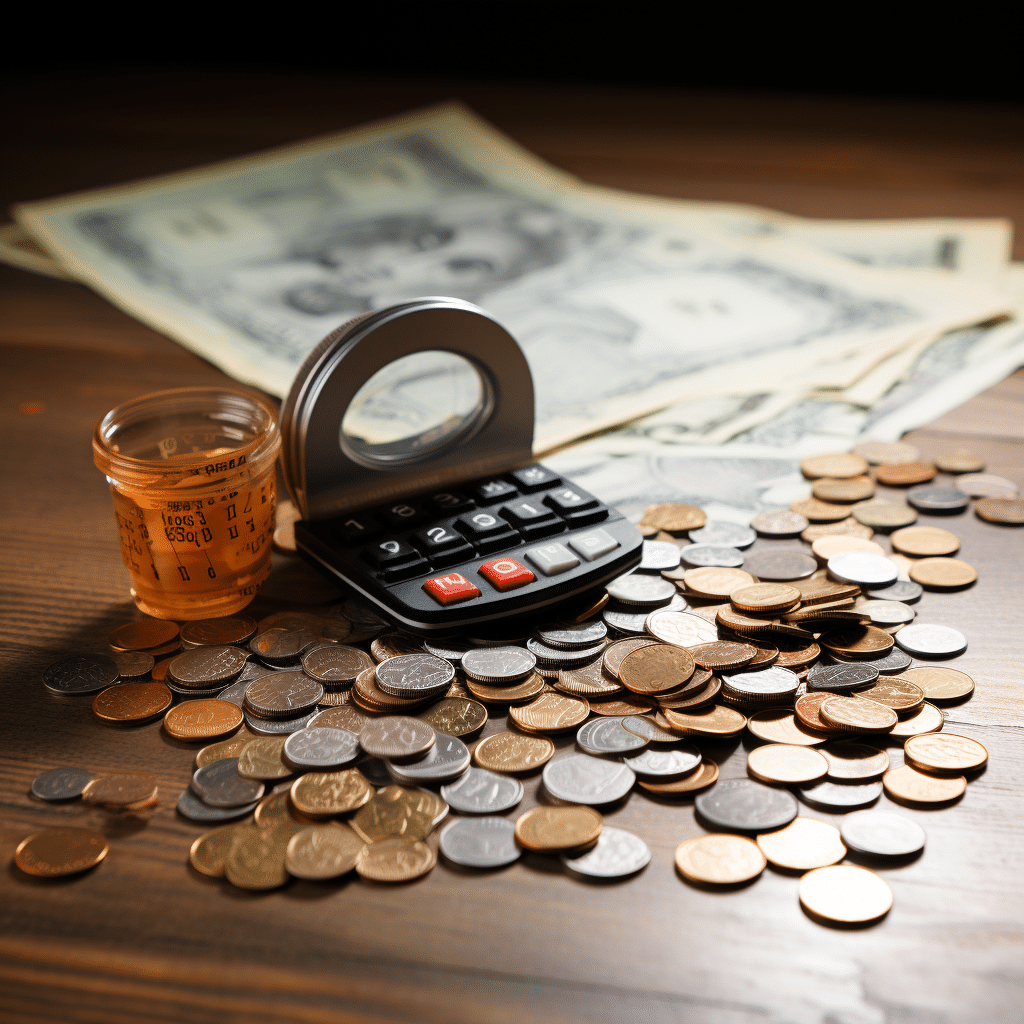
Step 2: Identifying the Main Purpose of Depreciation Expense
Depreciation expense isn’t just a pesky number in your financial statement. Its purpose is to match the cost of a productive asset, such as a building or complex, which has a useful life of more than a year, with the revenues earned from using the asset. This principle helps businesses keep track of their assets’ worth over time.
Step 3: Recognizing the Type of Expense that Depreciation Falls Under
Depreciation is a non-cash, operating expense that is recorded on the income statement of an organization. It’s like the heartbeat of your financial assets – constantly there, keeping track of their gradual decrease in value.
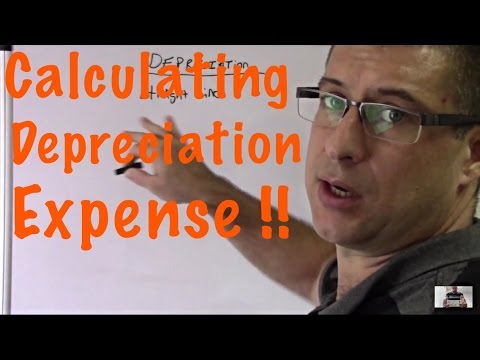
Step 4: Mastering The Depreciation Formula
Don’t fret, this isn’t rocket science. Simply put, the depreciation expense can be calculated by dividing the cost of the asset by its useful lifespan. Here’s how it works: if Company A purchases a building for $50,000,000 to be used over 25 years with no residual value, the annual depreciation expense would amount to $2,000,000.
Step 5: Learning How to Calculate Depreciation Expense in Real Estate
Once you have grasped the basic depreciation formula, the next step is learning how to calculate depreciation expense in real estate contexts.
Depreciation: A Comprehensive Walkthrough
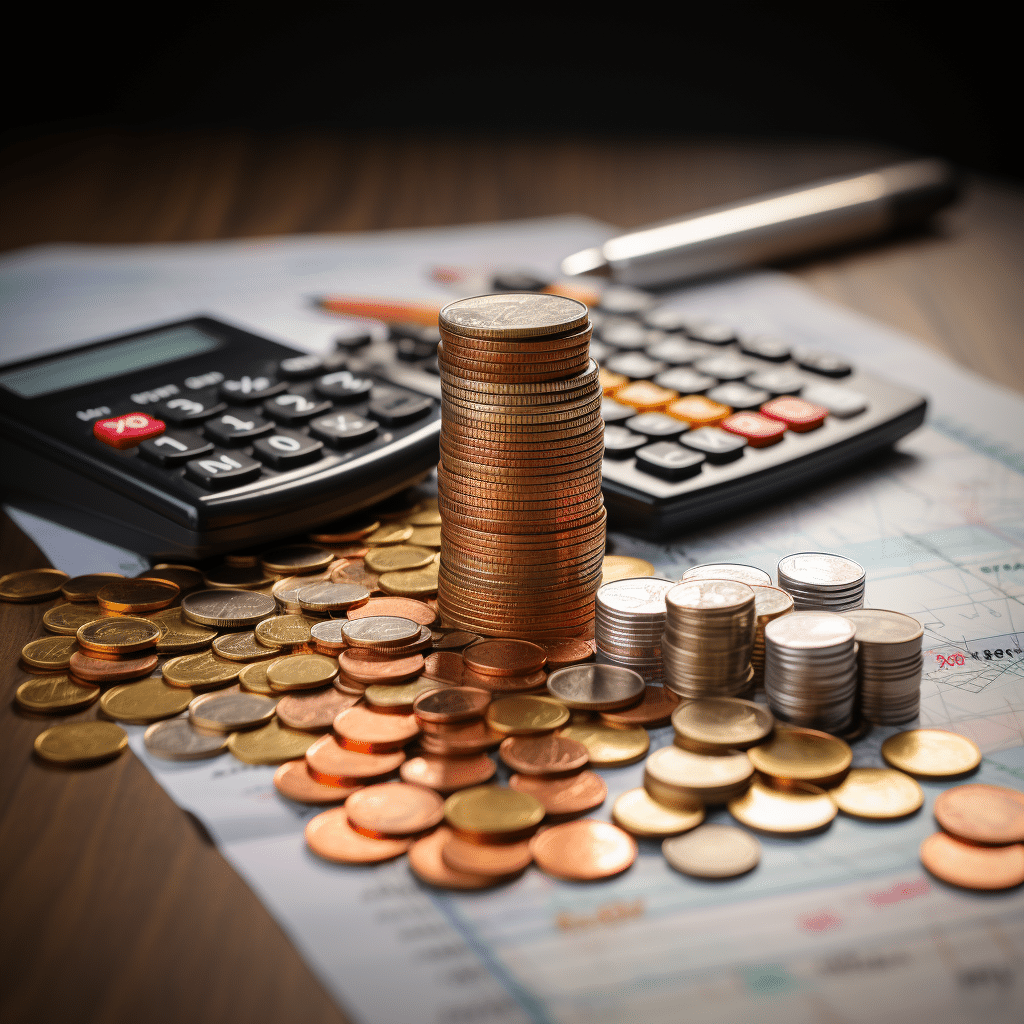
Depreciation Real Estate: An Overview
Now, let’s swing our focus to depreciation in real estate. Every building has its heyday and eventually gets old, just like Shakira and Gerard Piqué( The process in which their value decreases over time is termed depreciation.
Making Sense of Accrued Depreciation
Accrued or accumulated depreciation is like the report card for your property. It totals the amount of depreciation expense that has been allocated to an asset since it was put into service. It reveals how much of the asset’s value has been used up.
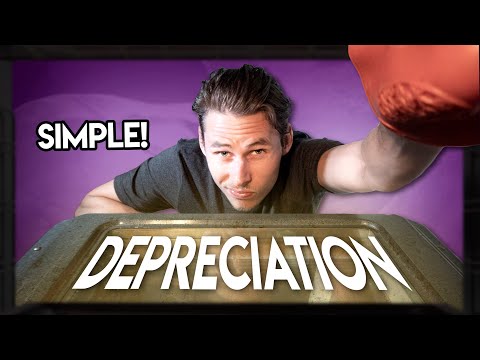
How to Calculate Depreciation Expense: Practical Examples
Wondering how to calculate depreciation expense? Let’s break it down: say you buy a residential rental property for $150,000, with a land value of $30,000 and building value of $120,000. The IRS sets the ‘useful life’ of such a property to be roughly 27.5 years, so the annual depreciation expense would equate to $4,364.64.
Decoding if Depreciation Is An Operating Expense
The big question – “Is depreciation an operating expense?” Absolutely, my dear property sharks! Although it doesn’t involve an outlay of cash, depreciation is categorised as an operating expense because it’s tied to regular operations of the business.
Major Methods of Depreciation: An Analysis
Depreciation isn’t a one-size-fits-all concept. The four main methods of depreciation, according to Which asset can not be Depreciated, are straight line, double declining, sum of the years’ digits and units of production. Each one has its own intricacies and applicable use cases.

Benefits of Depreciation Expense: An Insightful Examination
Is depreciation expense a blessing or a hindrance? For tax purposes, depreciation is definitely your ally. It helps businesses accurately state expenses incurred from using the asset and compare that to the revenue that asset generates.
Taking Control of Your Asset’s Lifespan
In a sea of financial jargon, depreciation expense is actually your guiding light, helping you navigate your financial path. While it’s a reminder of your asset’s diminishing glory, it’s a crucial component to understanding your property’s financial health and planning future investments accordingly. In this real estate rodeo, it’s always best to stay in the saddle and take control of your asset’s lifespan. After all, knowledge is power, and there’s nothing more empowering than financial literacy.
Happy investing, y’all!



